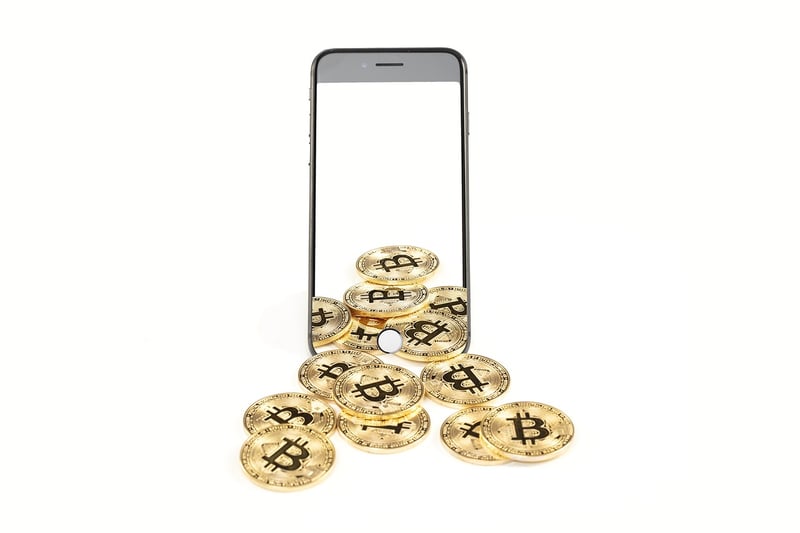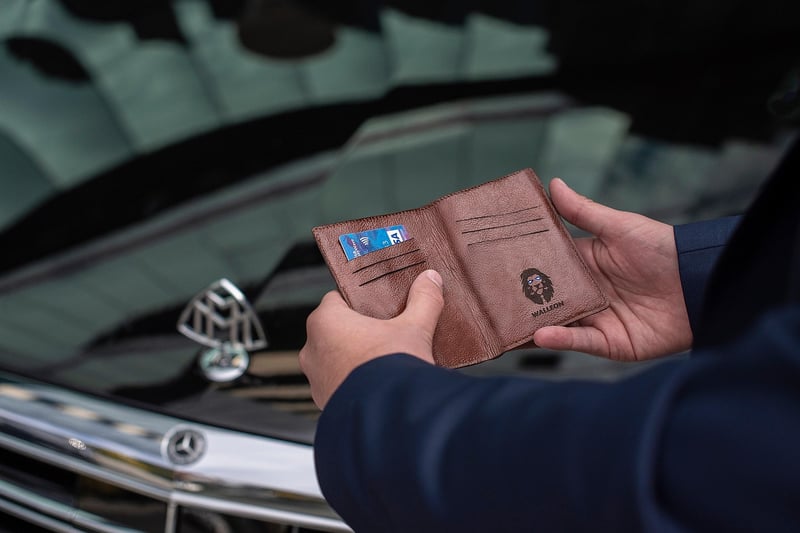Wallet Types
Understanding Cryptocurrency Wallets: A Beginner's Guide
Introduction to Cryptocurrency Wallets
Cryptocurrency wallets are digital tools that allow you to securely store, send, and receive digital currencies like Bitcoin, Ethereum, and more. If you are new to the world of cryptocurrencies, understanding wallets is essential to safeguard your investments and engage in transactions.
Key Concepts for Beginners
Before diving into the different types of cryptocurrency wallets, it's crucial to grasp some fundamental concepts:
1. Private Keys
A private key is a unique string of numbers and letters that allows you to access and manage your cryptocurrency holdings. It's essential to keep your private key secure and never share it with anyone.
2. Public Addresses
A public address is the location where you receive cryptocurrency. It's safe to share your public address with others to receive funds, similar to sharing your email address for communication.
Types of Cryptocurrency Wallets
There are several types of cryptocurrency wallets, each with its own features and security considerations:
1. Hardware Wallets
Hardware wallets are physical devices that store your private keys offline, providing enhanced security against online threats. They are ideal for long-term storage of large cryptocurrency holdings.

2. Software Wallets
Software wallets are applications or programs that run on your computer or smartphone. They are convenient for daily transactions but may be vulnerable to hacking if not properly secured.

3. Paper Wallets
Paper wallets involve printing your private keys and public addresses on paper. While secure from online attacks, they can be easily damaged, lost, or stolen physically.

4. Mobile Wallets
Mobile wallets are applications designed for smartphones, offering convenience for on-the-go transactions. They are suitable for smaller cryptocurrency amounts.

Conclusion
Choosing the right cryptocurrency wallet depends on your needs, preferences, and the level of security you require. It's essential to research each type of wallet thoroughly and prioritize the safety of your digital assets.
Remember, always backup your wallet and secure your private keys to protect your investments in the volatile world of cryptocurrencies.
